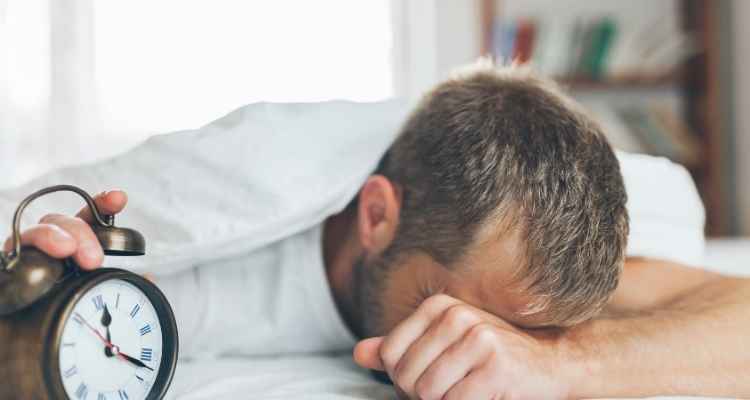Sleep deprivation statistics reveal that one in three US adults don’t sleep enough. That translates to about 70 million adults who aren’t getting the right amount of ZZZs!
The thing is, just a single sleepless night can already have deadly consequences. For instance, a driver who sleeps for less than four hours in the last 24 hours has 15.1 times the odds of causing a car crash.
That should be enough reason to sleep for at least seven to nine hours a day. However, there are many other sobering figures on sleep deprivation. Read on to learn more about these eye-widening statistics.
1. Almost a Third of a Million Road Accidents
In the US, an estimated 100,000 to 328,000 motor vehicle collisions involve drowsy drivers each year. Of the latter figure, almost a third (109,000 crashes) result in injuries, almost 6% of which are fatal.
Drowsy driving causes these many accidents as it impairs the brain. The fatigue it brings can have a severe dampening effect on a person’s reaction times.
Moreover, sleep deprivation has effects similar to alcohol. Indeed, staying awake for 18 hours mimics the effects of having a blood content (BAC) of 0.05%. Going without sleep for at least an entire day raises the BAC to 0.10%.
Keep in mind that driving with a BAC of 0.05% is already punishable by law in Utah. In the rest of the US, the legal BAC is 0.08%.
2. A 24% Higher Risk of Heart Disease
Sleeping for less than six hours a day heightens your risk of cardiovascular disease by 24%. For starters, chronic sleep deprivation can result in long-term sleep onset latency. This means that it’ll take you far longer to transition from being awake to being asleep.
The thing is, it’s during sleep in which the heart rate and blood pressure drop. These decreases allow the heart to recover from all the day’s strains and stresses.
Moreover, it’s at night when the body releases melatonin. This hormone primarily regulates the sleep-wake cycle. However, it also plays a role in cardiovascular health and blood pressure.
So, sleep deprivation robs the body not only of rest but melatonin, too.
3. A 1.3 to 1.68 Higher Odds of High Blood Pressure
Prolonged sleep onset latency also impairs the body’s blood pressure regulation. This translates to a 1.68 higher odds ratio of hypertension in women and 1.3 in men. Some researchers even found evidence of a 300% higher risk of hypertension in women!
4. Sleep Deprivation Contributes to 100,000 Medical Error Deaths
Each year, an estimated 100,000 deaths in hospitals occur due to medical mistakes. Sleep deprivation death statistics link sleepy hospital staff with many of these errors. Again, that’s because lack of sleep inhibits the brain and body’s functions.
5. Three in Four US High School Students Lack Sleep
Sleep deprivation statistics for high school students cite 75% of them to be lacking in sleep. This impairs their ability to concentrate, so sleep-deprived students often have poor grades. Unfortunately, sustained sleeplessness can make them prone to anxiety and depression, too.
Sleep deprivation in college students is also prevalent: up to six in 10 have poor sleep quality. Poor academic performance aside, lack of sleep also raises their car crash risks.
Don’t Let Yourself Become Part of Sleep Deprivation Statistics
All these sleep deprivation statistics highlight just how deleterious sleepless nights can be. If you lack sleep, it’s not only your health that takes a toll; you can also cause others severe harm.
So, starting tonight, make sure to tuck yourself in early and sleep for at least seven to nine hours.
Interested in more guides to help improve your health and overall well-being? Check out the rest of our site then, and feel free to follow us on social media!

